When giving a presentation it is crucial to fully engage your audience and build rapport from the beginning of your presentation; however, many speakers get their talk off to a bad start by not effectively using those first few moments. There are many ways to start a presentation that captures your audience’s attention and I’ll be writing about them in a future blog post. In the meantime, here are some of the phrases that you should absolutely avoid:
“Can you hear me?”
In most large venues, you will be offered either a lapel or hand held microphone and the event organisers will ensure that it has been tested. They will adjust the sound as you speak to ensure that you are heard. If using your own sound equipment, it is your responsibility to check it and, if you’re not using sound amplification, to project your voice accordingly. Asking ‘Can you hear me?’ is unprofessional and a wasted opportunity to engage your audience effectively.
“Sorry I’m not sure how to use this equipment; bear with me”
Once again, this statement shows a lack of professionalism and a lack of preparation. Always check that you know how to use the equipment and practice with it to get familiar with it so that your presentation runs smoothly; the last thing you want at the beginning of your presentation is for your audience to be distracted from your message by you fumbling about trying to work the equipment.
“I’m tired / nervous / hungover…”
Your audience have given up their time; in fact, they may have also parted with their money to hear you speak and they don’t care if your plane was delayed and you haven’t slept for 48 hours or whether you’re petrified of public speaking. If you want your audience to respect you and what you have to say, avoid sharing anything negative in your opening remarks.
“I’ll try not to bore you too much”
If you think you’re going to bore your audience then you haven’t done your homework. The first step to preparing a presentation is to research your audience so you can craft a presentation that is interesting and relevant to them. By saying up front that you’ll try not to bore them, you are setting up an expectation that they will be bored and they most likely will be!
“I’ll try to keep it short”
Why would you want to keep it short? You will likely have been allocated a certain amount of time and presumably you have an important message to share. The audience will feel ripped off if they are expecting your presentation to be a certain length and you tell them you are going to keep it short. Don’t undermine your presentation before you even get started by setting up an expectation that the audience won’t want to listen to you.
“I have a lot of slides to get through so I’ll go through this as quickly as I can”
People will generally be interested in what you have to say if you prepare well, grab their attention, build rapport from the start and help them know what to expect. If you mention you have a lot of slides to get through they’ll be expecting death by PowerPoint and will probably switch off before you even begin!
“I’ll start by telling you a bit about me”
Ideally you will have been introduced before you begin speaking (make sure you give the host/MC/event organiser your bio and introduction); if not, you may need to include a bit about yourself in your talk to establish your credibility. However, it is never wise to start your presentation speaking about yourself. Your audience want to know what’s in it for them so ensure that you gain their attention and interest before mentioning anything about yourself.
As speakers, presenters or trainers, we are in a privileged position of being able to inform, persuade, entertain and inspire large groups of people. Therefore, it is essential to show your audience that you respect them by prepared. You can do this by:
- knowing your audience
- crafting a presentation that is interesting and relevant
- practicing
- arriving on time
- checking your equipment
- preparing your mind, body and voice to give your best
The beginning of your presentation is the most crucial part and you have approximately 10 seconds for your audience to decide whether you are worth listening to. Avoid the statements above and avoid losing your audience before you begin!
Mel Sherwood is a pitch and presentation specialist who prepares ambitious entrepreneurs and business professionals to take centre stage, embrace the spotlight and present with more confidence, credibility and conviction.
Mel's book 'The Authority Guide to Pitching Your Business - how to make an impact and be remembered... in under a minute!' is available on Amazon. To find out more go to www.melsherwood.com or follow Mel on Twitter @MelSherwood_


